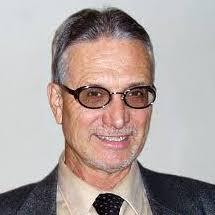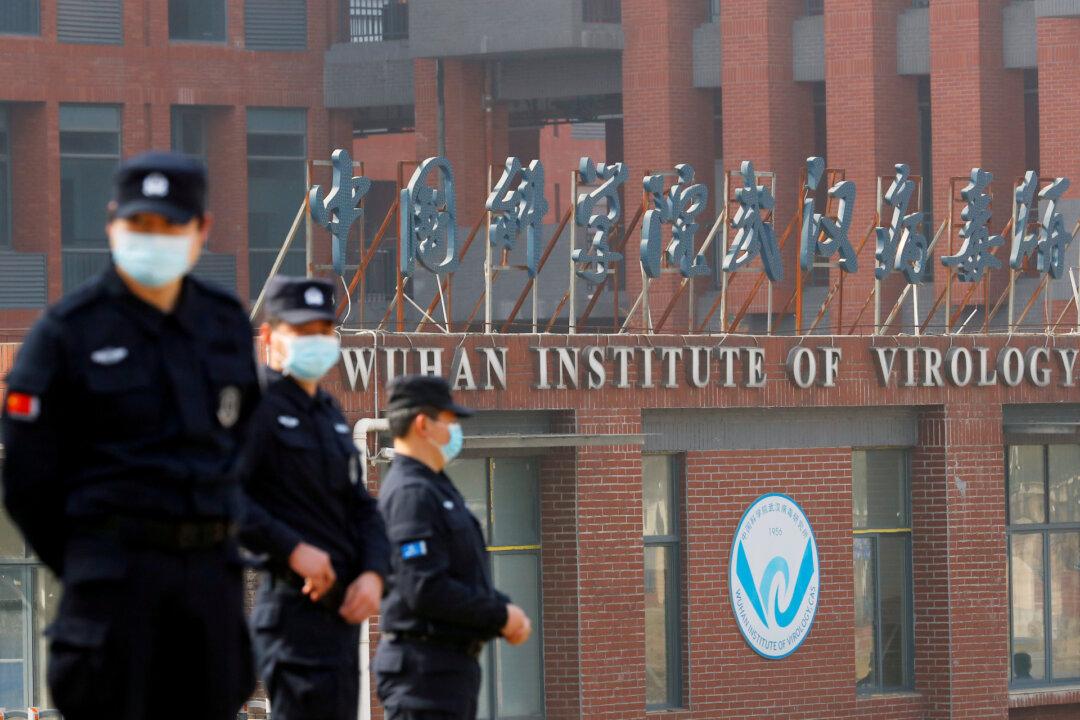Commentary
“The Chinese Communist Party (CCP) is about to turn 100 but Xi will be the real star,” headlined a June 30 CNN report. Large parts of the celebration, wrote author Ben Westcott, “will focus on Xi, arguably the country’s most powerful leader since Mao, and his vision for the country.” In addition, “the party’s influence inside global organizations, including the United Nations, the World Bank, and the World Health Organization, is growing and many Western nations are heavily reliant on China for their economic growth.”





